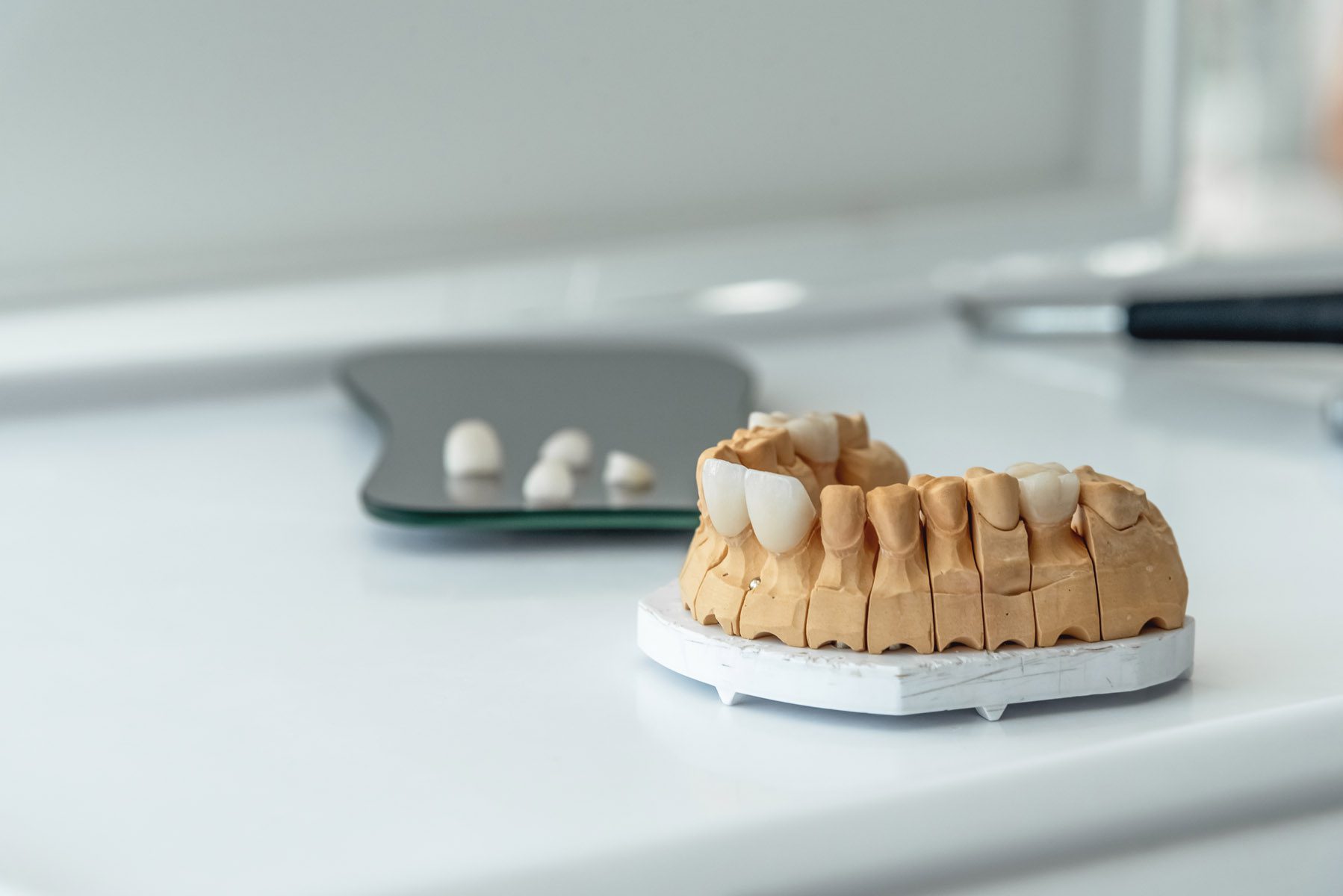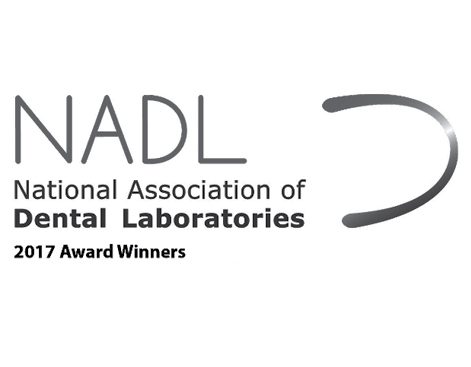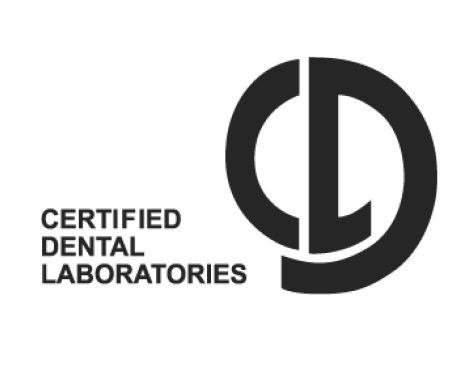Dentistry is a field in which many patients have anxiety, and it’s understandable. Weird noises, whining tools, pain, and expense can all increase anxiety. So how do you calm an anxious patient? Sure the easy way is reaching for the nitrous oxide, but let’s not be unnecessarily drugging our patients, mmkay?
How to Help Calm an Anxious Patient
Talk Through Everything… Or Not
Some patients want to know everything that’s happening, as details and forewarning can help them calm down. Others, though, want to remain oblivious and tune everything out. It’s up to you to read the situation to see if you want to ask them or feel it out, but make sure you act on the anxiety when you see it.
Play Calm Music Throughout the Office
An office’s surroundings can help ease anxiety — or make it worse. Instead of Top 40 radio, try playing some calming music. It could be either instrumental or lyrical, as long as it has a peaceful sound and a slower rhythm.
You could also go a step further and have headphones available. These can help your patients that wish to tune out those unpleasant drilling noises.
Show Patience to Your Patients
This is a big one: have patience for your patients. Aside from the killer homonym opportunities, remember that while you’re used to the sensory overload that can be a dental office, your patients may not be.
By taking the time to listen and observe, you can help calm a patient and help make their experience more enjoyable. Patience can help you talk calmly, as well, which also has a positive effect on their overall experience and anxiety levels.
It can be easy to slip into a routine and become used to the sights and sounds of a dental office, but there are many who aren’t familiar, or if they are, they haven’t had good experiences. Next time you have an anxious patient in your chair, before reaching for the nitrous oxide, try these three things to help calm them down. Who knows, maybe they’ll even find the experience enjoyable?
Dentistry is a field in which many patients have anxiety, and it’s understandable. Weird noises, whining tools, pain, and expense can all increase anxiety. So how do you calm an anxious patient? Sure the easy way is reaching for the nitrous oxide, but let’s not be unnecessarily drugging our patients, mmkay?











